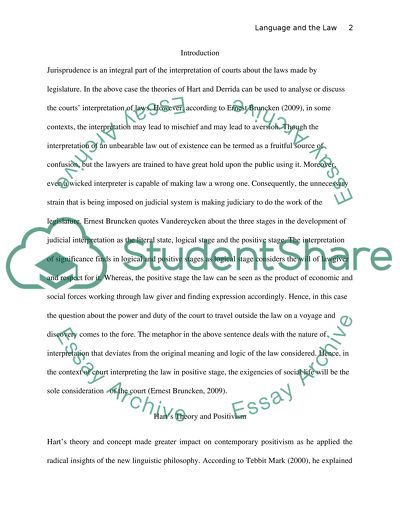Cite this document
(“Duty of the Court and its Interpretation of Legislature Essay”, n.d.)
Duty of the Court and its Interpretation of Legislature Essay. Retrieved from https://studentshare.org/miscellaneous/1533288-duty-of-the-court-and-its-interpretation-of-legislature
Duty of the Court and its Interpretation of Legislature Essay. Retrieved from https://studentshare.org/miscellaneous/1533288-duty-of-the-court-and-its-interpretation-of-legislature
(Duty of the Court and Its Interpretation of Legislature Essay)
Duty of the Court and Its Interpretation of Legislature Essay. https://studentshare.org/miscellaneous/1533288-duty-of-the-court-and-its-interpretation-of-legislature.
Duty of the Court and Its Interpretation of Legislature Essay. https://studentshare.org/miscellaneous/1533288-duty-of-the-court-and-its-interpretation-of-legislature.
“Duty of the Court and Its Interpretation of Legislature Essay”, n.d. https://studentshare.org/miscellaneous/1533288-duty-of-the-court-and-its-interpretation-of-legislature.


